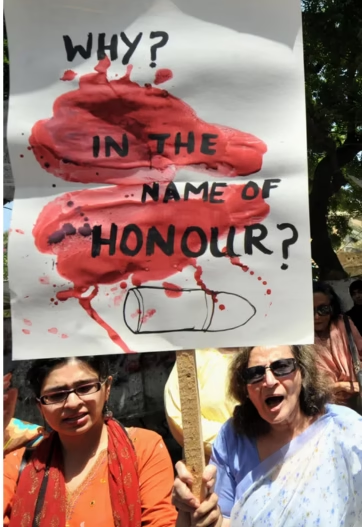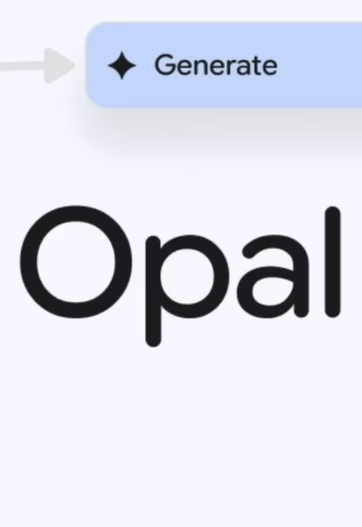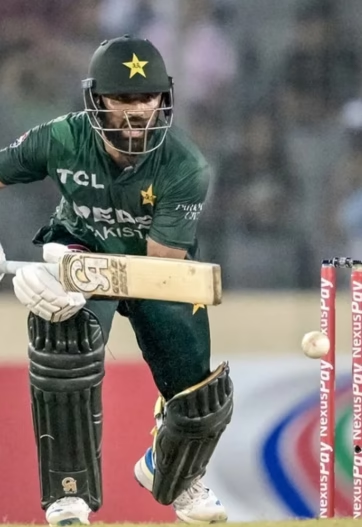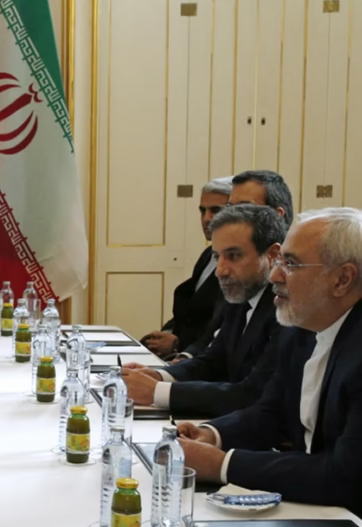Nuclear Diplomacy Tensions: Iran Demands Fairness in Talks
Nuclear diplomacy tensions have intensified after Iran suspended cooperation with the International Atomic Energy Agency (IAEA). President Masoud Pezeshkian called for an end to what he described as “double standards” by the agency. Tehran insists that only a fair, unbiased approach will allow talks to resume over its nuclear programme.
Relations between Iran and the IAEA worsened in June after US and Israeli forces bombed Iranian nuclear facilities. In response, Iran passed a new law halting all cooperation with the IAEA. Following that decision, the agency withdrew its last remaining inspectors from the country.
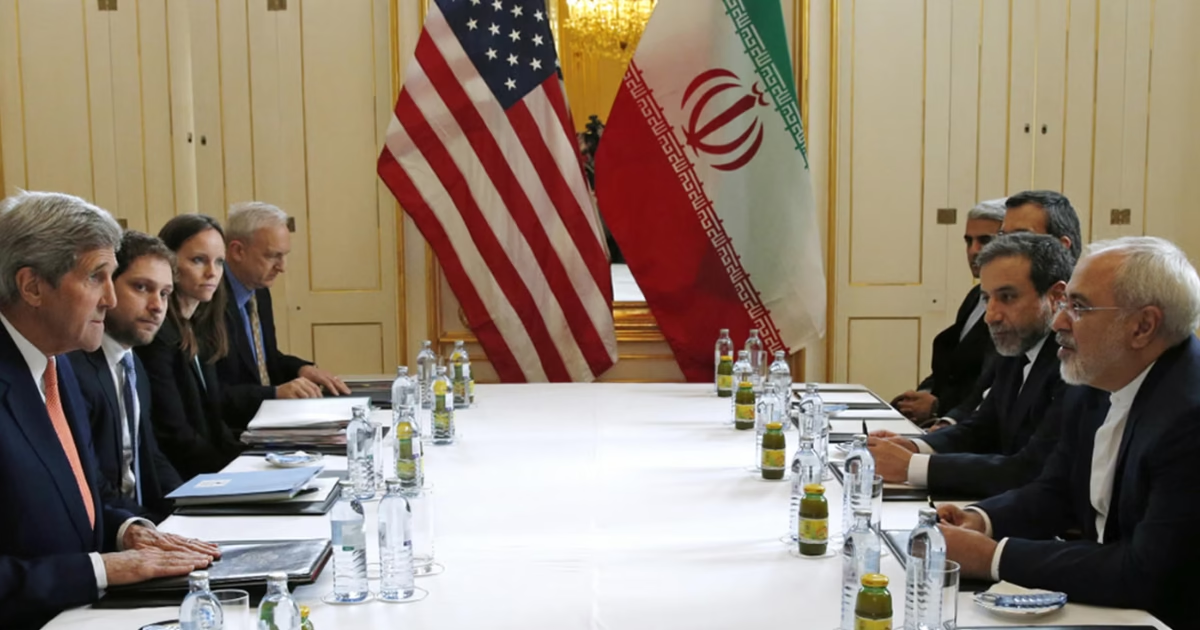
Nuclear Diplomacy Tensions and Western Strikes
Iran blames the current nuclear diplomacy tensions on recent attacks. The bombings, justified by Western powers as attempts to block Iran’s alleged weapon development, have sparked outrage. Iran has long maintained that its nuclear programme serves peaceful purposes. Officials continue to deny any interest in building atomic weapons.
This blog includes information reported by Reuters on July 10, 2025, regarding Iran’s demand for UN impartiality to resume nuclear cooperation.
Some context is based on developments following US-Israel strikes on Iranian nuclear sites and IAEA inspector withdrawal.
In a phone call with European Council President Antonio Costa, Pezeshkian said the IAEA failed to condemn the strikes. Tehran views the agency’s silence as a sign of bias. The Iranian leader warned that any further aggression would receive a “decisive and regrettable” response.
The Iranian government accuses the IAEA of issuing biased resolutions. These documents, Iran says, paved the way for military attacks by portraying Tehran as non-compliant.
Nuclear Diplomacy Tensions Block Inspections and Dialogue
The recent nuclear diplomacy tensions have also made inspections impossible. Since the bombings, IAEA officials have not accessed Iran’s nuclear sites. Although IAEA Director General Rafael Grossi says resuming inspections is his top priority, progress remains stalled.
Pezeshkian criticized the IAEA’s lack of impartiality in reports. He claimed that biased reporting undermines the agency’s credibility. The president stressed that balanced oversight is crucial to rebuilding trust and resuming discussions.
Meanwhile, the 12-day conflict following the bombings saw Iran retaliate with drone and missile attacks against Israel. As long as Iran feels targeted and unfairly judged, diplomatic progress will likely remain out of reach.
Conclusion: Real Dialogue Requires Fairnes
Iran demands fairness and neutrality from the IAEA. Without that, real dialogue cannot happen. If all parties respect transparency and international law, peace talks may resume.
